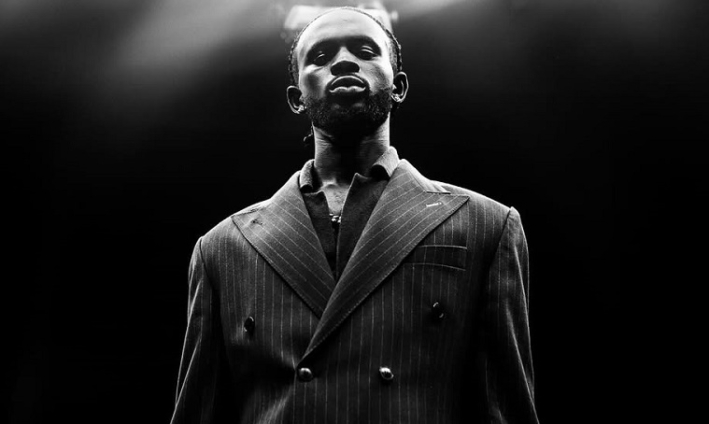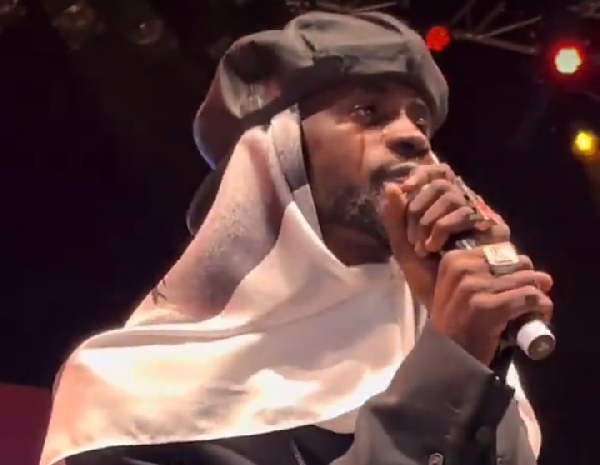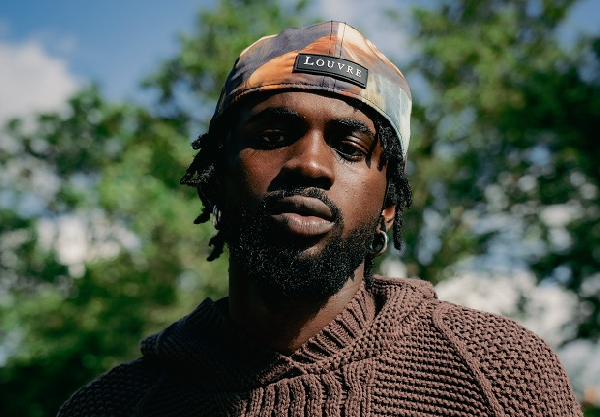UPSA Dress Code Controversy Sparks Student and Political Opposition

The University of Professional Studies, Accra (UPSA), is currently embroiled in controversy following the strict enforcement of a new dress code policy. This directive, which includes a ban on personal adornments such as nose rings and anklets, is ostensibly aimed at promoting discipline but has ignited widespread opposition from both public figures and students, raising significant questions about its appropriateness for a tertiary educational institution.
Eric Edem Agbana, the Member of Parliament (MP) for Ketu North and a member of the Parliamentary Select Committee on Education, publicly condemned the policy in a social media post on July 2, 2025. While acknowledging the importance of discipline and adherence to codes of conduct within educational settings, Agbana vehemently described the ban as an "overreach." He argued that prohibiting personal items like nose rings is excessive and constitutes an infringement on students' fundamental rights to self-expression. The lawmaker further cautioned that failure to "nip such directives in the bud" could pave the way for even more restrictive measures in the future, citing potential bans on tattoos as an example. Drawing on his background as a former student leader, Agbana asserted his consistent refusal to accept such policies, maintaining this stance both in his past student leadership role and his present capacity as a sitting Member of Parliament.
The immediate consequences of the dress code's strict enforcement have been profoundly disruptive for UPSA students. Reports indicate that on Wednesday, July 2, numerous students were barred from entering lecture halls as early as 7 AM, with some consequently missing scheduled tests. An unidentified student, speaking on Accra-based Citi FM's Eyewitness News, expressed deep frustration over what they perceived as inconsistent enforcement and inadequate communication from the university authorities. The student pointed out that while UPSA's official policy designates Mondays for formal wear, students were inexplicably being compelled to dress formally on a Wednesday, a day outside the stated expectations. The student also suggested that the intensity of enforcement often escalates with the resumption of Level 100 students, seemingly as a tactic to "put fear" in them. Further exacerbating the scrutiny, an incident involving a female public relations student who was allegedly manhandled by an individual believed to be a staff member has drawn extensive concern, highlighting potential abuses in the enforcement process.
Amidst the escalating controversy, an old video featuring popular Ghanaian musician Black Sherif at UPSA resurfaced on X on July 3, 2025. The video depicts a UPSA official, purportedly a lecturer, questioning Black Sherif about his earrings and asserting that his attire was inappropriate for the university environment. The official explicitly referenced the university's dress code, urging the artist to familiarize himself with it. The resurfacing of this video has fueled social media speculation that this prior incident might have influenced Black Sherif's subsequent decision to enroll at the University of Ghana instead, thereby underscoring a long-standing pattern of strict dress code enforcement at UPSA.
As the intense debate continues, the University of Professional Studies, Accra, has yet to issue an official response to the burgeoning public criticism. This silence leaves the university community in anticipation of clarification on a policy that has not only significantly impacted the daily lives of students but has also ignited a broader discussion on the delicate balance between personal freedom and institutional discipline within the realm of higher education.
Recommended Articles
Iron Boy Tour: Blacko electrifies crowds in unforgettable 3-night UK rendezvous

Ghanaian superstar Black Sherif has once again proven his global appeal, delivering an unforgettable three-night takeove...
Black Sherif ends UK tour with back-to-back sold-out shows in London and Birmingham

Ghanaian artiste Black Sherif has ended his Iron Boy world tour on a historic note, with three back-to-back sold-out sho...
The moment Black Sherif burst into tears during a performance in London

Ghanaian music sensation, Black Sherif, has entered the trends once again after a video of him at a performance popped u...
Throwback: UPSA authority 'instructs' Black Sherif to remove earrings

An old video of Black Sherif at the University of Professional Studies, (UPSA) has resurfaced amid recent viral videos s...
Creative arts industry suffering due to unprofessional practices - Edem Tsotorme

Popular entertainment journalist and artiste manager Edem Mensah Tsotorme has called for heightened professionalism acro...
You may also like...
Diddy's Legal Troubles & Racketeering Trial

Music mogul Sean 'Diddy' Combs was acquitted of sex trafficking and racketeering charges but convicted on transportation...
Thomas Partey Faces Rape & Sexual Assault Charges

Former Arsenal midfielder Thomas Partey has been formally charged with multiple counts of rape and sexual assault by UK ...
Nigeria Universities Changes Admission Policies

JAMB has clarified its admission policies, rectifying a student's status, reiterating the necessity of its Central Admis...
Ghana's Economic Reforms & Gold Sector Initiatives

Ghana is undertaking a comprehensive economic overhaul with President John Dramani Mahama's 24-Hour Economy and Accelera...
WAFCON 2024 African Women's Football Tournament

The 2024 Women's Africa Cup of Nations opened with thrilling matches, seeing Nigeria's Super Falcons secure a dominant 3...
Emergence & Dynamics of Nigeria's ADC Coalition

A new opposition coalition, led by the African Democratic Congress (ADC), is emerging to challenge President Bola Ahmed ...
Demise of Olubadan of Ibadanland
Oba Owolabi Olakulehin, the 43rd Olubadan of Ibadanland, has died at 90, concluding a life of distinguished service in t...
Death of Nigerian Goalkeeping Legend Peter Rufai

Nigerian football mourns the death of legendary Super Eagles goalkeeper Peter Rufai, who passed away at 61. Known as 'Do...